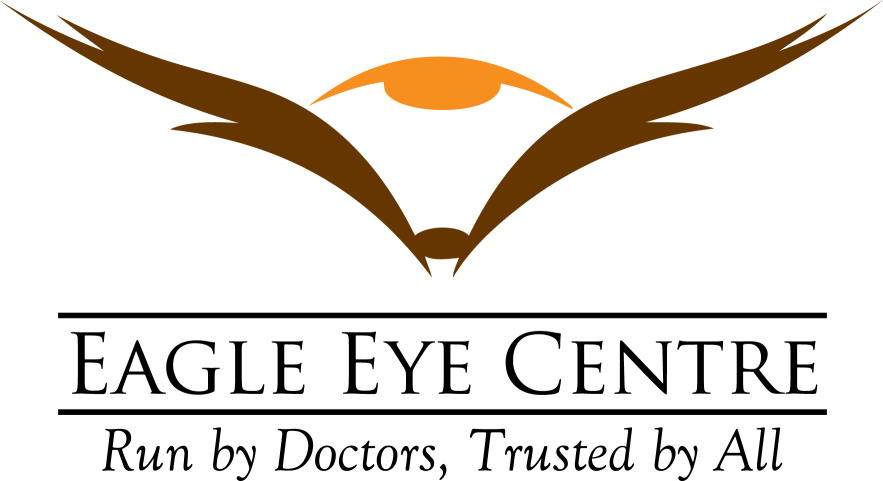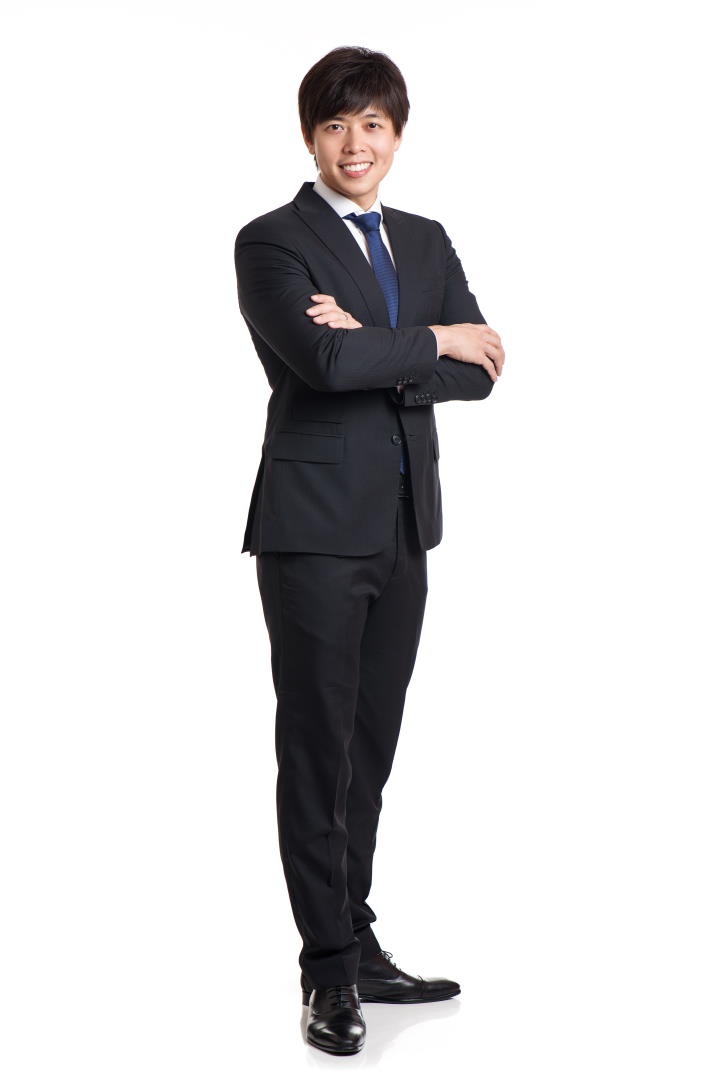6 Tips for Eye Health and Maintaining Good Eyesight
Sponsored Article by Eagle Eye Centre

Losing one’s sight is a harrowing experience which can lead to decreased quality of life and even depression. Survey results place the fear of blindness over that of hearing loss, limb loss or even memory loss. I recall a recent patient of mine, she was in her 60s and actively running her business. Over the course of 6 months, she started to realise her vision gradually darkening and her world just not as bright as it used to be. Due to work commitments, she held off seeing an eye specialist for a check and with time, not only was her world darkening, her emotional state was also affected, feeling increasingly depressed with the waning hope of ever seeing well again. She finally made the time to come for an eye check and turns out, it was a very treatable cause of blindness – cataracts. She was treated through cataract surgery and this not only restored her vision, it gave her a renewed sense of purpose and gratitude for life. Our eyes are such precious gifts and it is important that we know how to take care of them so we can avoid unnecessary blindness. Here are 6 tips for eye health and maintaining good eyesight.
1. Go for regular eye checks with your eye doctor
Regular eye checks are crucial because ignorance is not bliss but pain and even blindness. Some people attribute worsening vision to a “normal” part of aging and accept it as part of life. This assumption could not be more wrong and it is important to get your eyes checked by a professional to detect any issues and also screen for potential complications. Some people may be confused by terms like ophthalmologist, optometrist, and optician and here is a brief understanding of who they are and what they do.
An ophthalmologist is a medical doctor who is registered with the Ministry of Health Specialist Accreditation Board (SAB) and specialises in eyecare, i.e. providing comprehensive examinations and investigations to diagnose and treat any eye diseases. This treatment includes medicated eye drops, injections into the eye, laser treatments, and surgery.
An optometrist is an eye care practitioner who is able to provide a range of basic eyecare services and examinations. They provide timely advice on eyecare and will refer you on to
an ophthalmologist should you require further management and treatment.
An optician is one who is skilled in preparing and dispensing optical aids like glasses according to the prescription given by an optometrist or ophthalmologist.
It is important to know the difference and see the appropriate person for your eyecare needs.
2. Leading a healthy lifestyle
Our eye health can be affected by systemic conditions affecting the body and there is no running away from the oft given advice to eat healthily, avoid smoking and exercise regularly. These stave away systemic diseases like hypertension, high cholesterol and diabetes which can inadvertently affect the eyes.
Diabetes can affect the blood vessels in the eye and cause bleeding, leaking of proteins and swelling in the retina. This can significantly decrease vision and may require laser treatment
and even surgical intervention in severe cases. Some patients end up requiring multiple injections into the eye to help restore vision.
High blood pressure can cause bleeding in the retina, leaking of proteins and even swelling of the eye nerve in severe cases. In some cases, it may require a referral to the emergency department for prompt control of the blood pressure to prevent further complications like stroke.
High cholesterol may show up during an eye examination in the form of deposits on the eyelids (Xanthelesma), deposits on the cornea (forming a yellowish ring) and even deposits in the blood vessels. This is important to recognise and control as it increases the risk of other systemic conditions such as heart attacks.
3. Apply the 20-20-20 rule
This rule simply means that after 20 minutes of work, take a 20 second break by looking at a distant object 20 feet away. To say that covid-19 has changed the way we live is to put it mildly. Work from home is the new norm and while this has tangible benefits, it has also blurred the distinction between work and personal time. Many people are on their electronic devices for countless hours a day. This can lead to worsening symptoms of dry eyes, eye strain and even lead to headache after some time. When we focus on near work such as computer and handphone use, our eyes “accommodate” to help us see at this distance. This involves activating certain muscles in the eye to do this. With prolonged near work, our eyes start to fatigue, feel tired and in some cases the muscle goes into “spasm” causing headache and blurred vision. In addition, some studies have shown that the normal blink rate is decreased when individuals are using their electronic devices and this can be as much as 50%, worsening the dry symptoms. Being cognizant of the potential issues with prolonged usage of electronic devices can help mitigate these symptoms and practicing the 20-20-20 rule helps us take short frequent breaks to relax the eyes and avoid straining the eyes.
4. Wearing sunglasses
Harmful effects of UV rays not only affect the eyeball, it also has potential effects on the surrounding skin. UV rays can accelerate the formation of cataract and also damage the retina. In addition, with prolonged sun exposure, there is increased incidence of eye conditions like pterygium which is a fleshy growth on the conjunctiva which can grow onto the cornea and distort vision. Surgery is needed in severe cases to have this growth removed. The link between UV rays and skin cancer is well known and much talked about. Similarly, UV rays can result in cancerous growth in the skin around the eyes. These can take various forms but in general, tends to be destructive of the normal eyelid architecture. These tumours generally require surgical excision to treat. All the above risks can be reduced by simply wearing a pair of good shade. Be sure to check that the lenses block all UV-A and UV-B rays for them to be effective.
5. Wearing protective eyewear
Work safety is an important culture to inculcate and while individual circumstances are different, the principle is the same – protect your eyes! From those who work with nails and wood to those who come into contact with strong chemicals, the wearing of safety protective goggles is imperative to prevent eye related injuries. Hammering of nails can result in small metal flecks hitting the eye. In mild cases, these metallic foreign objects get superficially embedded in the cornea. These can be easily removed by an eye specialist with the aid of a microscope. In more severe cases, the metallic foreign object penetrates the eye and sits inside the eyeball. This can result in severe complications like infection, inflammation and high eye pressure. These require emergency surgery to treat and may result in compromised vision even if successful. Strong chemicals can burn the eye resulting in severe visual compromise. All chemical injuries require immediate irrigation to remove as much of the inciting chemical as possible. In mild cases, antibiotic and steroid eye drops together with copious lubricants are used to aid healing. In severe cases surgical intervention may be needed to restore vision. Wearing appropriate protective eyewear is a simple way to minimise the risk of eye related injuries at work.
6. Make outdoor activities a habit (2hours a day)
Good eye care habits need to be cultivated from a young age. Myopia (short-sightedness) is quickly gaining attention from the increasing prevalence over the years and there is a lot of
benefit in reducing its development. Patients with high myopia are at higher risk of eye related complications like retinal tears, retinal detachment and myopic maculopathy. These conditions are potentially blinding if left untreated. Aside from developing good eye care habits like having good lighting when reading and maintaining an appropriate distance and posture, having regular outdoor activities (at least 2 hours a day) will help in the fight against myopia. This is especially important in children since their eyes are still growing and the risk of myopia developing is high. In the midst of our busy schedules, this may sound like an impossible feat but with proper deliberate planning, it can certainly be achieved. Besides reducing the risk of developing myopia, it is also a great way to enjoy nature, get your heart pumping and bond with family and friends.
William Shakespeare said, “He that is strucken blind cannot forget the precious treasure of his eyesight lost.” Take care of your eyes and don’t take for granted your eyesight.

Dr Val Phua
Appointment booking link: http://bit.ly/WSHxEEC_VP
